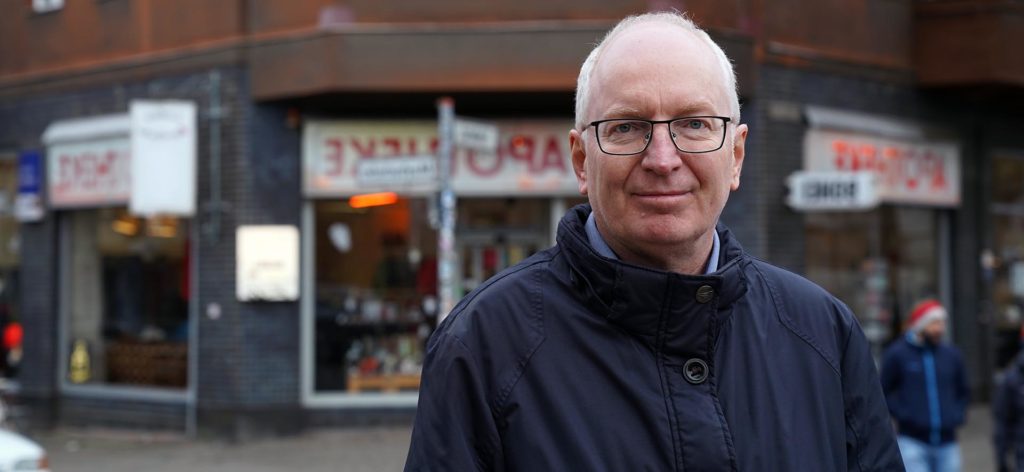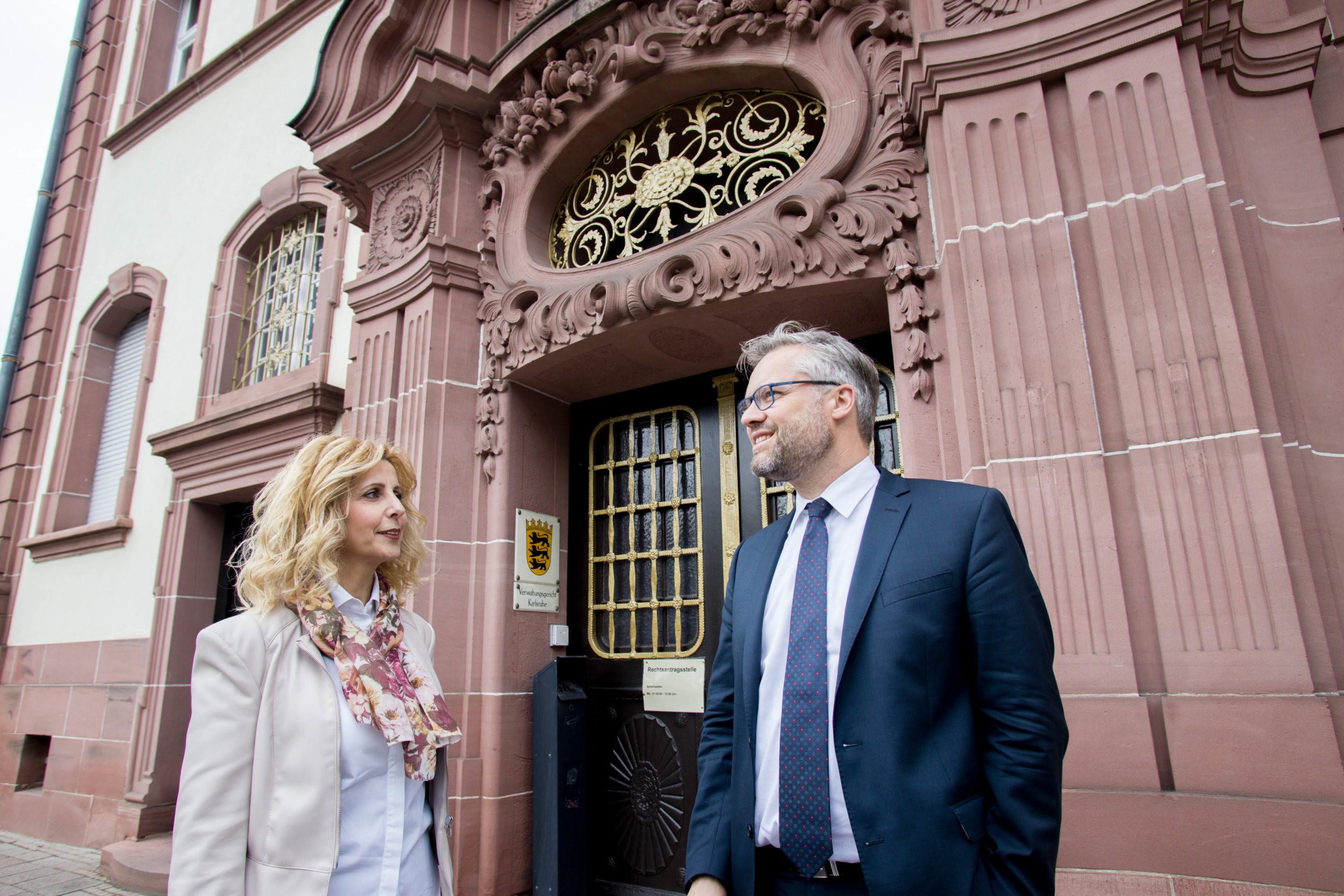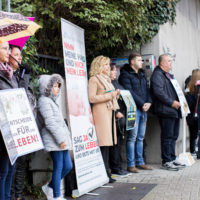- Pharmacist acquitted for declining to sell morning-after pill for reasons of conscience; but Court fails to uphold conscience rights.
- Court ruling suggest that pharmacists who conscientiously object to sale of certain drugs must give up the profession.
- ADF International has been supporting pharmacist Andreas Kersten for six years – “Violation of freedom of conscience.”

Berlin (03 July 2024) – The Higher Administrative Court (Oberverwaltungsgericht) of Berlin-Brandenburg has acquitted pharmacist Andreas Kersten of the charge of breach of professional duty, dismissing an appeal by the Berlin Chamber of Pharmacists. The Chamber has been ordered to cover Mr Kersten’s legal fees. While ruling in favour of Kersten, the Court failed to uphold the freedom of conscience of pharmacists in Berlin.
Kersten was charged in 2018 when he exercised his freedom of conscience to refrain from selling a potentially abortifacient drug, the “morning-after pill,” in his pharmacy. The Court held that Kersten was relying on a letter from the federal Ministry for Health, which stated that pharmacists may exercise their conscience in such situations. According to the Court, he had no reason at the time to seek more legal information, resulting in his acquittal.
“Even though I have been acquitted, I am dismayed by the reasoning rejecting our freedom of conscience. Now pharmacists could be forced to give up their beloved profession simply for staying true to their convictions."
- Andreas Kersten, Pharmacist
However, in the oral judgment (a written judgment will follow), the presiding judge explained that the duty to provide drugs (including the morning-after-pill) overrides the freedom of conscience – a stance at odds with international human rights law protecting conscience. He noted that a pharmacist who could not reconcile the dispensing of certain drugs with his conscience would have to give up his profession.
“I am relieved that the Court has rejected the sanction demanded by the Chamber of Pharmacists against me. I became a pharmacist to promote health, even to save lives. I cannot reconcile selling the so-called ‘morning-after pill’ with my conscience because of the potential to end a human life, however early. The first instance court initially backed my stance, finding no fault in my conscientious objection. But even though I have been acquitted, I am dismayed by the reasoning broadly rejecting our freedom of conscience. Now pharmacists could be forced to give up their beloved profession simply for staying true to their convictions,” said pharmacist Andreas Kersten after the judgment was handed down.
Background: Charges for exercising conscientious objection
Since 2018, the Berlin Chamber of Pharmacists has been pursuing professional proceedings against pharmacist and (then) owner of the Undine pharmacy, Andreas Kersten. He had declined to stock and sell the “morning-after pill” for reasons of conscience. The Berlin Administrative Court’s chamber for Healthcare Professional Claims ruled in Kersten’s favour in November 2019.
At the time, the court held that pharmacists could invoke their freedom of conscience. However, the Chamber of Pharmacists appealed against the judgment, resulting in Kersten’s protracted wait for justice.
Freedom of conscience in jeopardy
On 26 June 2024, the higher court upheld Kersten’s acquittal in this specific case. It dismissed the Chamber of Pharmacists’ appeal in its entirety and ordered it to pay the costs of the proceedings.
“After more than five years of legal uncertainty, it is now clear that Andreas Kersten did not culpably breach his professional duties. We welcome this finding. However, the reasoning behind the judgment is egregious. In the oral judgment, the Court stated that pharmacists will have to choose between their convictions and their profession in the future, at least in Berlin,” said Dr Felix Böllmann, Director of European Advocacy for ADF International, which has supported Kersten’s case for six years.
Böllmann continued: “The Berlin Higher Administrative Court’s reasoning is in direct contradiction to international law. Fundamental freedoms must be effectively guaranteed, not just on paper. But the Court’s reasoning contravenes freedom of conscience. It is entirely inappropriate for the Court to argue that someone must exit their profession for choosing to exercise their freedom of conscience – this is an argument the European Court of Human Rights rightly rejected years ago.“
“Morning-after pill”: abortifacient effect
In addition to other side effects, the morning-after pill has a potential abortifacient effect.
“No one should be forced to take an action that clearly contradicts their conscience – especially when it comes to life and death. Any pharmacist or doctor who experiences coercion because of this is welcome to reach out to our team. Together we can defend freedom of conscience. A free state committed to basic human rights should never allow what amounts to a professional ban on the grounds of conscience,” Böllmann concluded.










